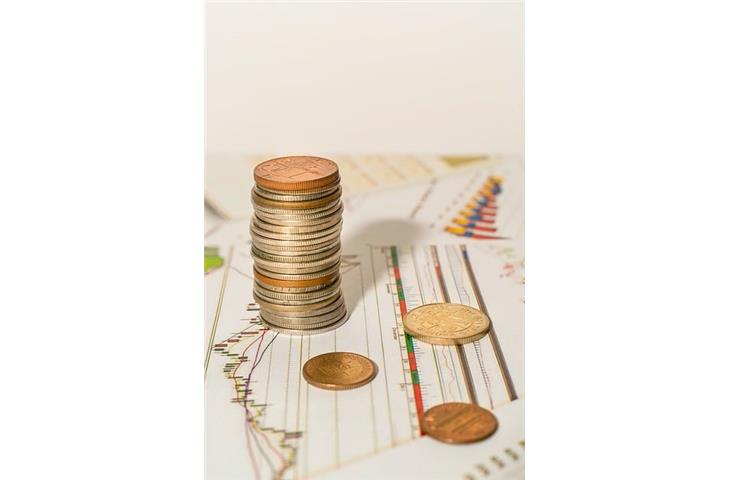The illicit economy has consistently been a contentious subject, particularly concerning currency conversion. In Nigeria, the shadow economy significantly influences the prevailing exchange rate for overseas monies. Comprehending the intricacies of the exchange rate mechanism within Nigeria's informal market is critical for both private citizens and enterprises alike. This article dives deep into the subtleties of today's unofficial market exchange rate in Nigeria, looking at the elements shaping it and offering invaluable insights regarding its repercussions.
I. Elements Shaping Today's Unofficial Market Exchange Rate in Nigeria

1. Economic Stability and Policy Transformations

2. Supply and Demand Dynamics

3. Geopolitical Variables
4. Speculation and Market Tampering
II. Consequences of Today's Unofficial Market Exchange Rate in Nigeria
1. Economic Inflation and Standard of Living
2. Commercial Operations and Export/Import Transactions
3. Remittances and Foreign Capital Investments
4. Government Income and Budgetary Allocations
III. Obstacles Encountered in Ascertaining Today's Unofficial Market Exchange Rate in Nigeria
1. Absence of Transparency
2. Illegal Activities and Informal Connections
3. Insufficient Regulatory Structure
4. Restricted Access to Dependable Information
IV. Potential Solutions and Advice
1. Fortifying Regulatory Policies
2. Amplifying Transparency and Accountability
3. Advocating Economic Stability
4. Facilitating the Legalization of the Informal Sector
